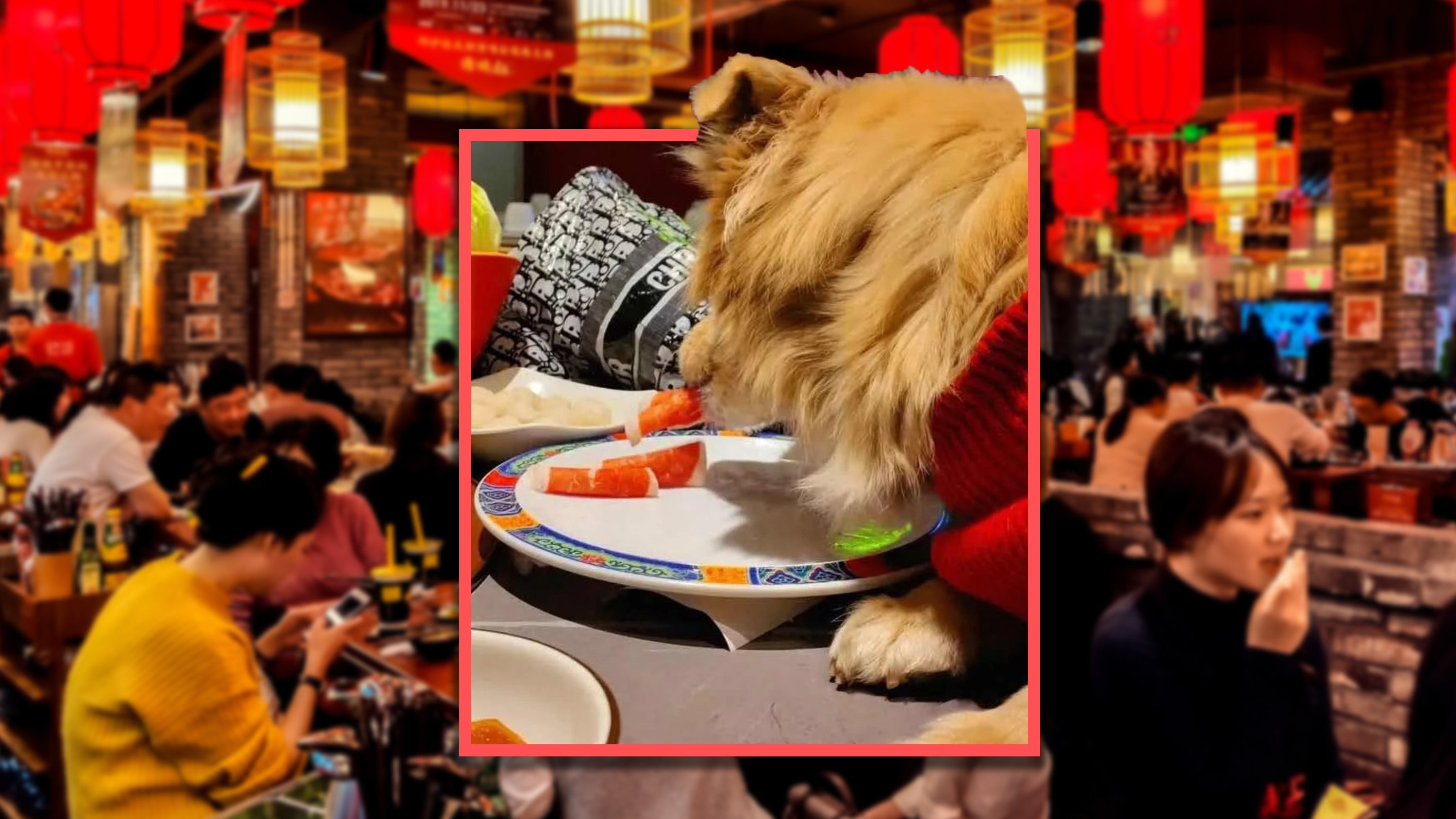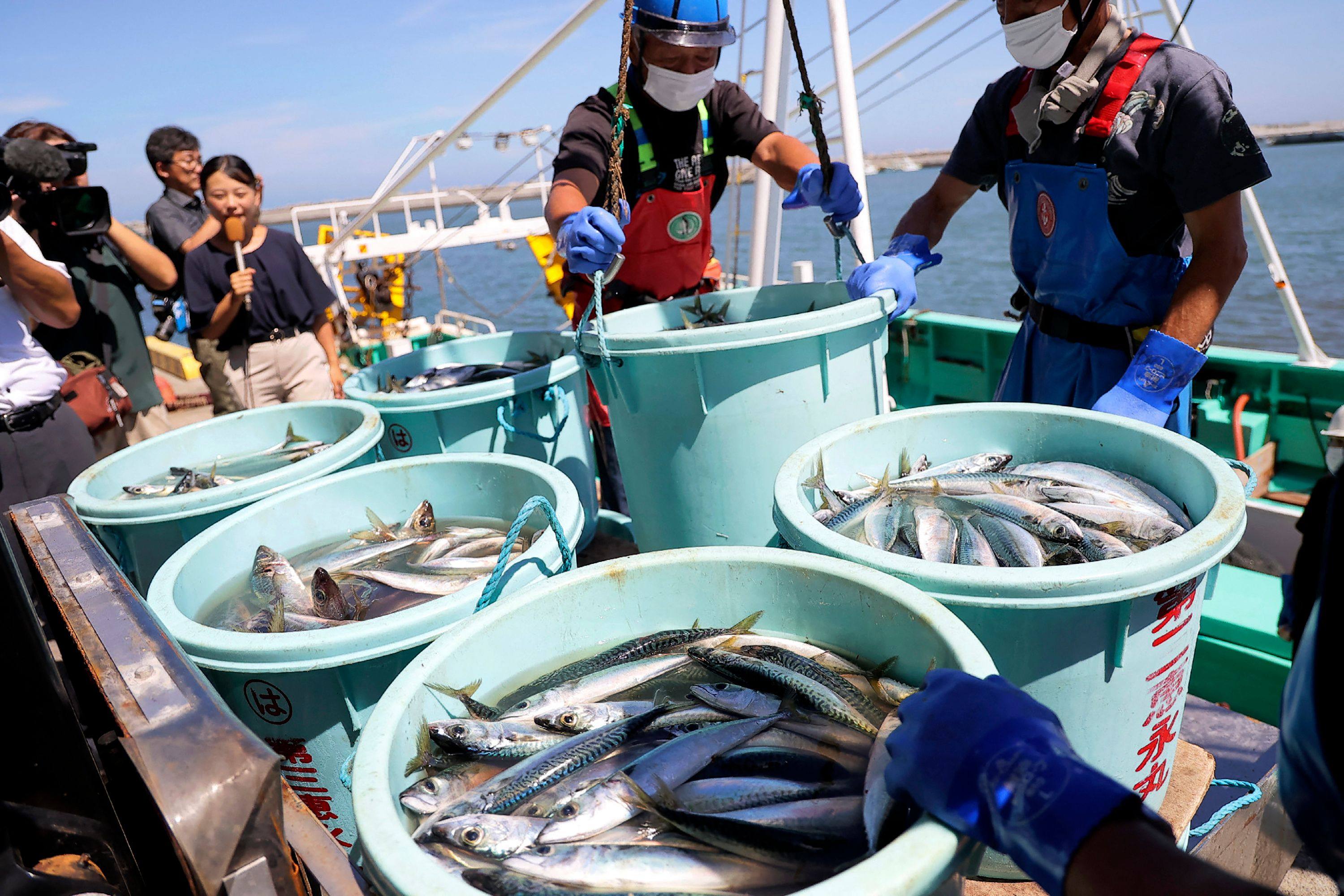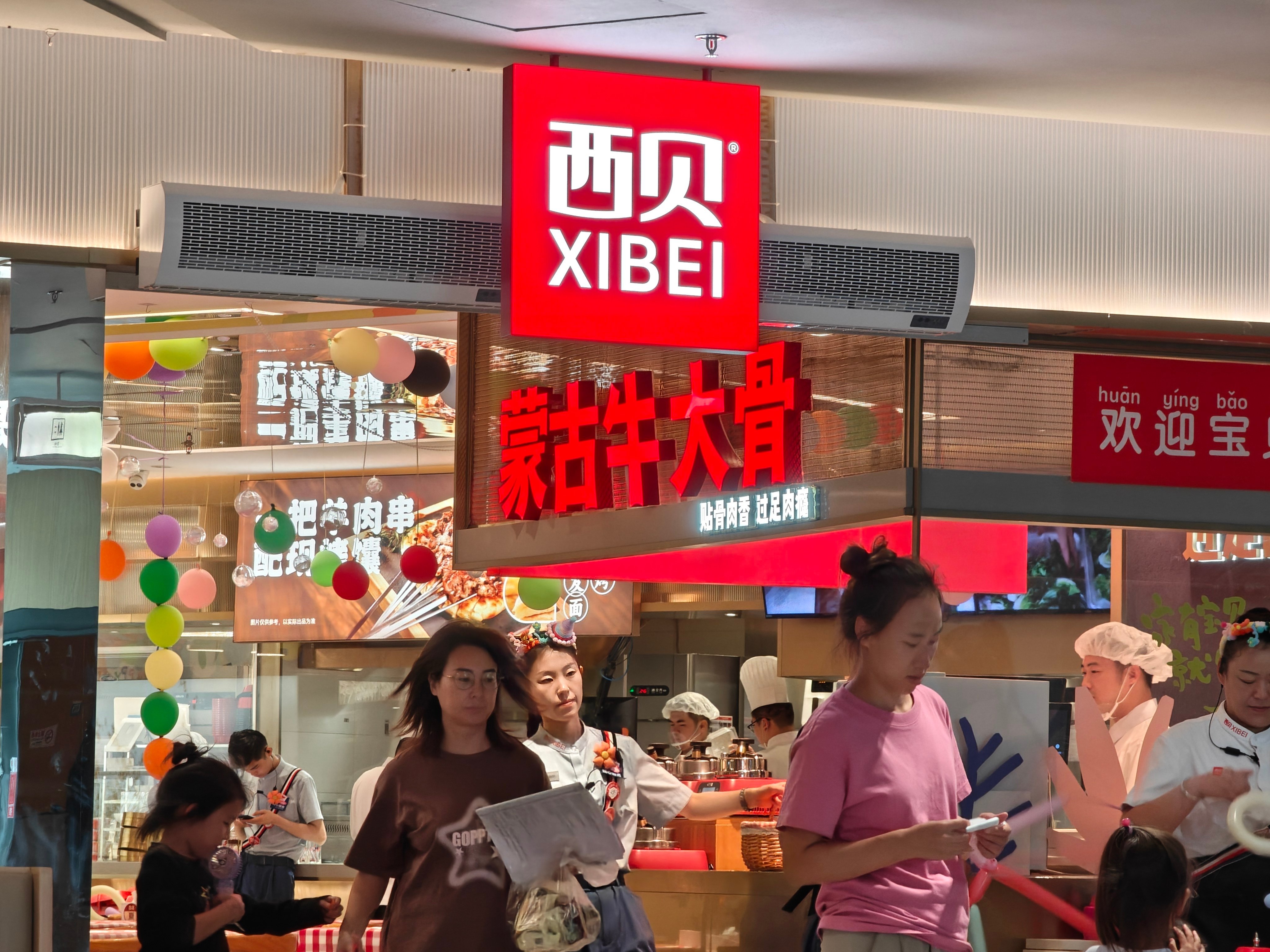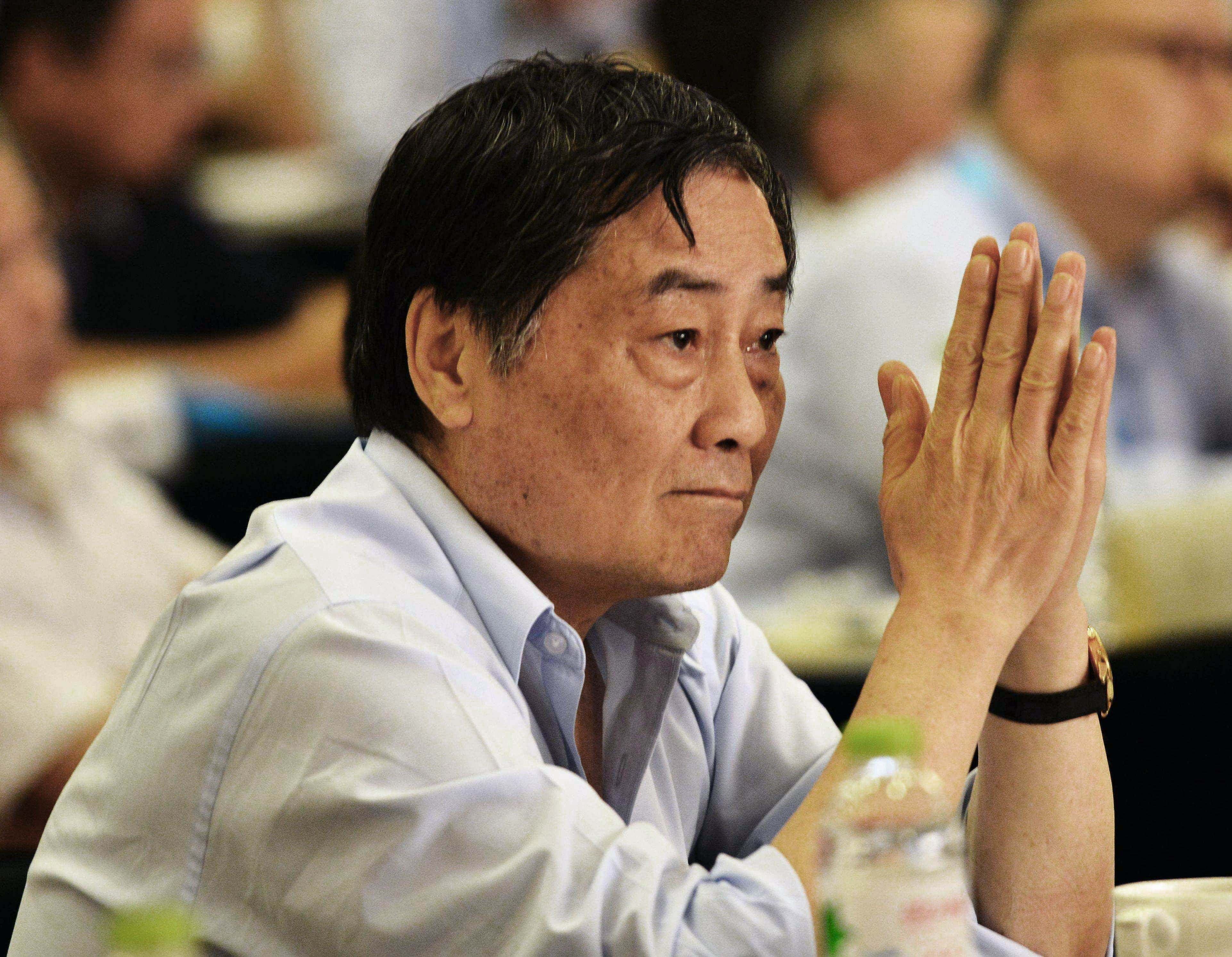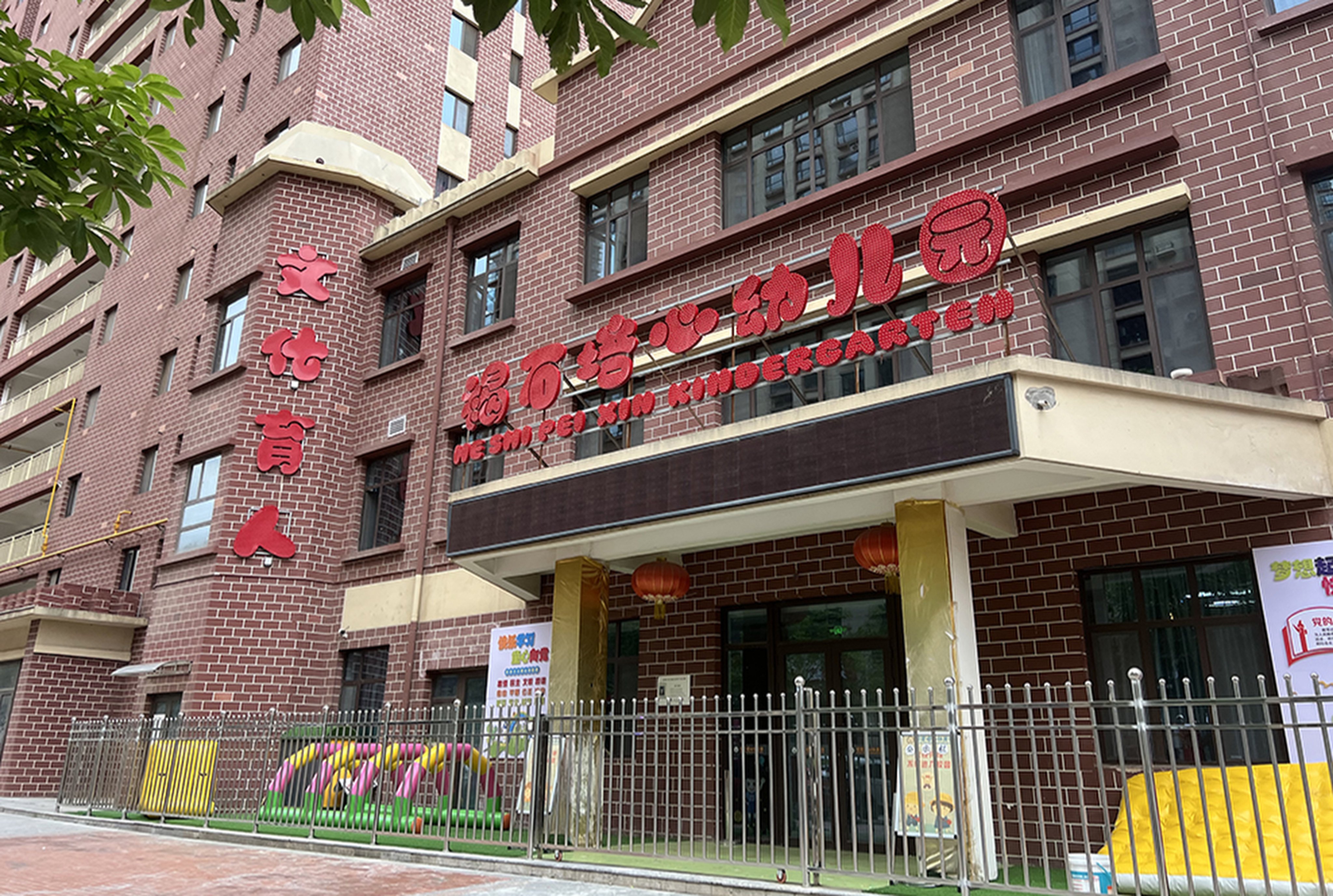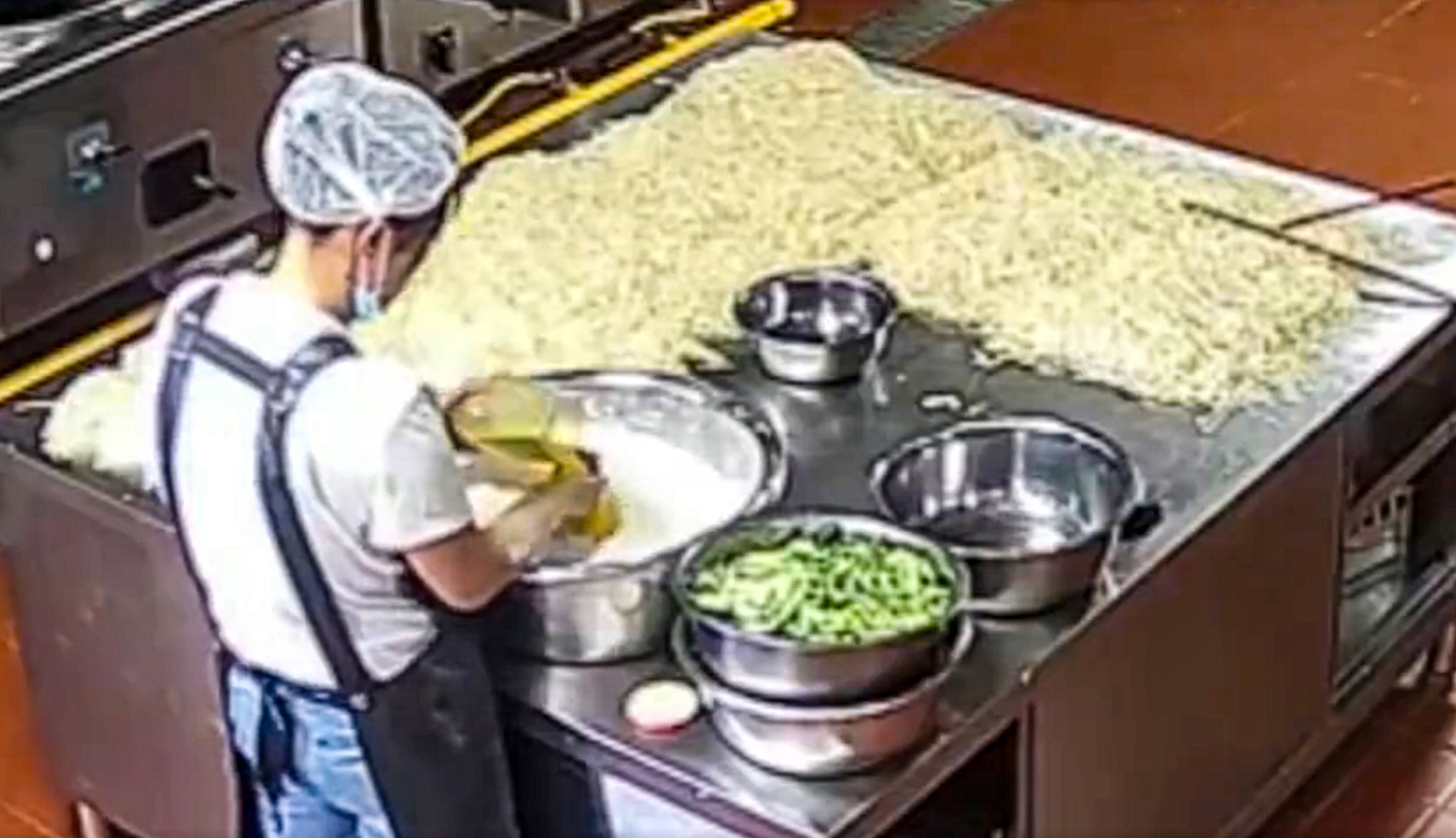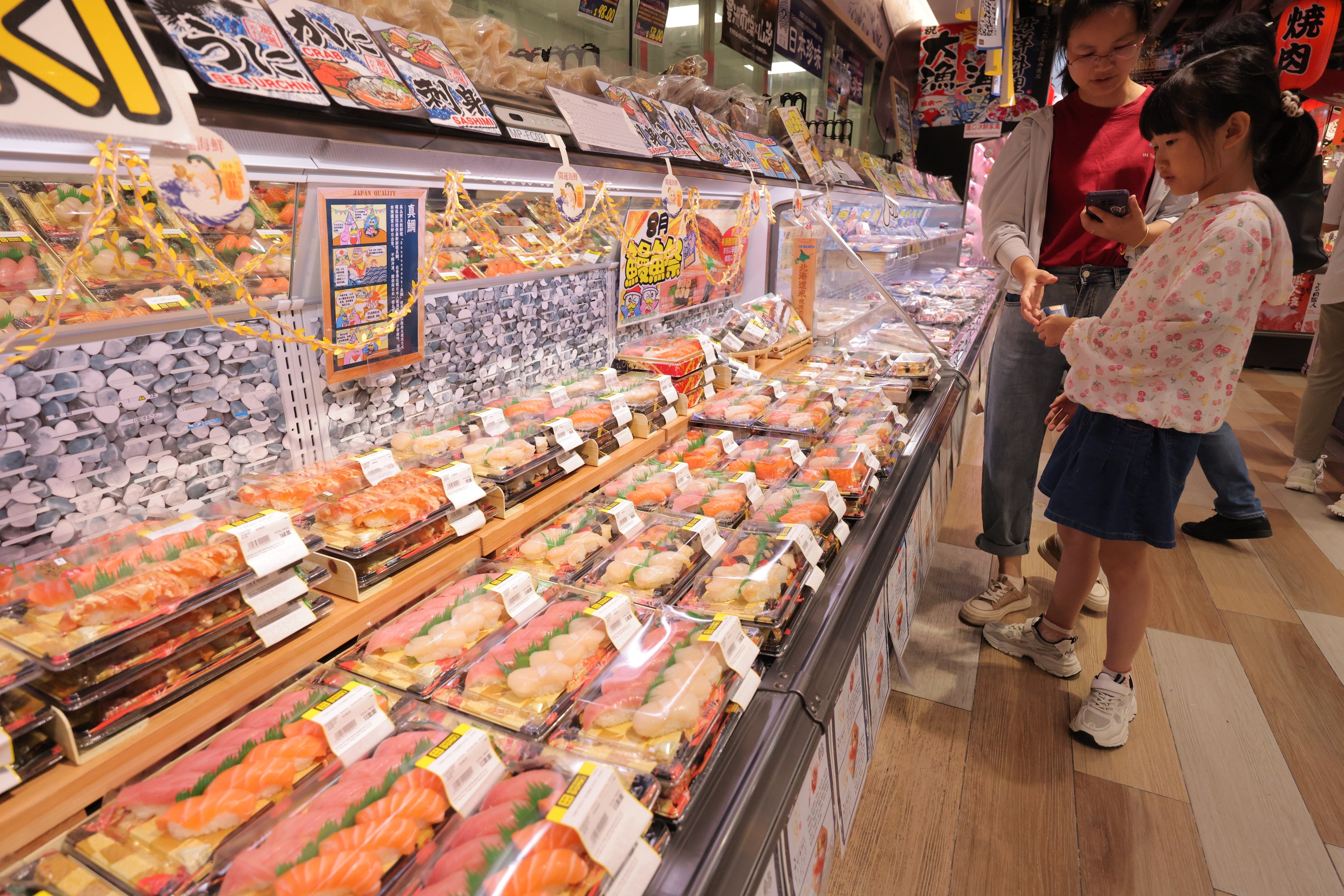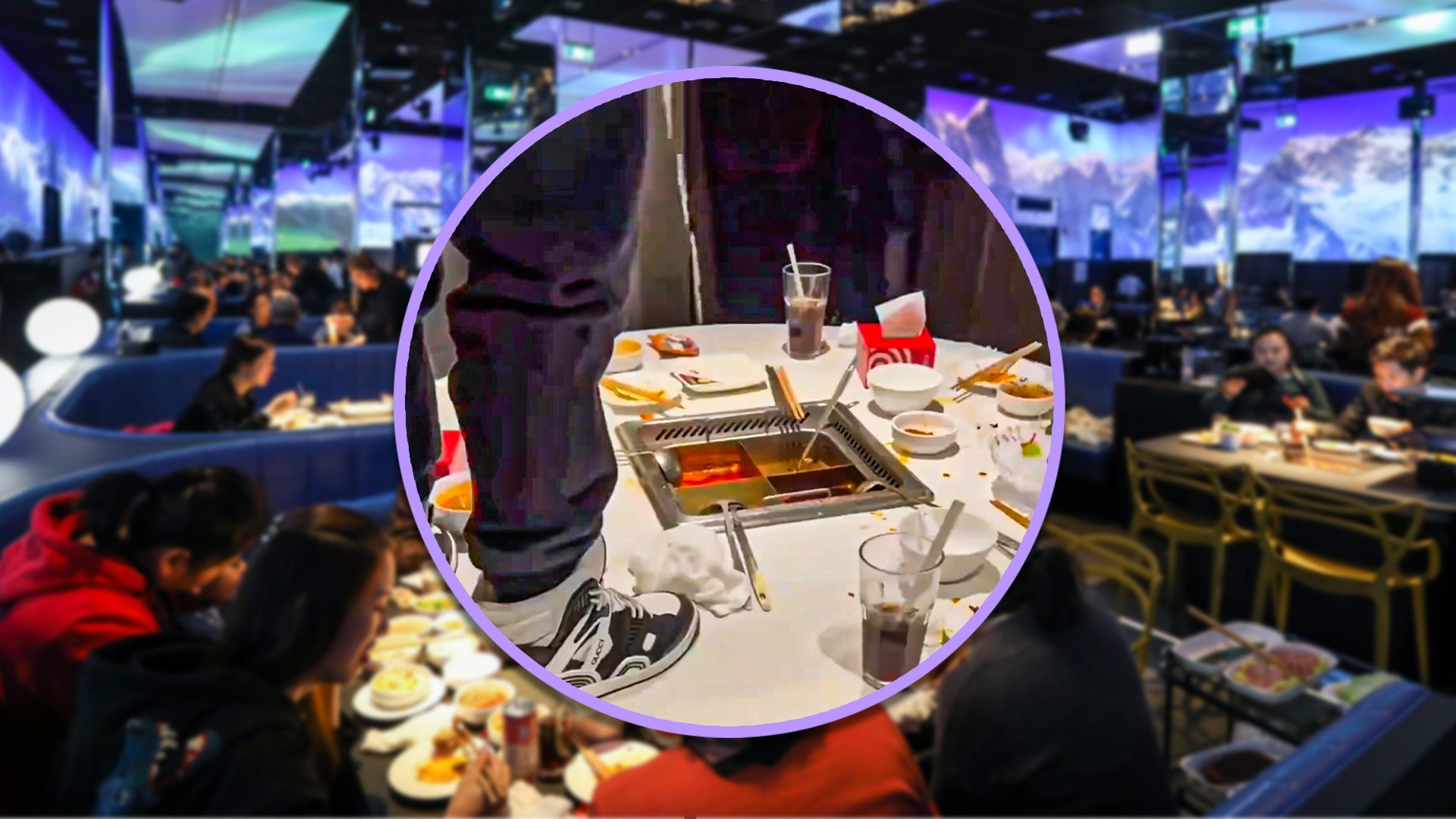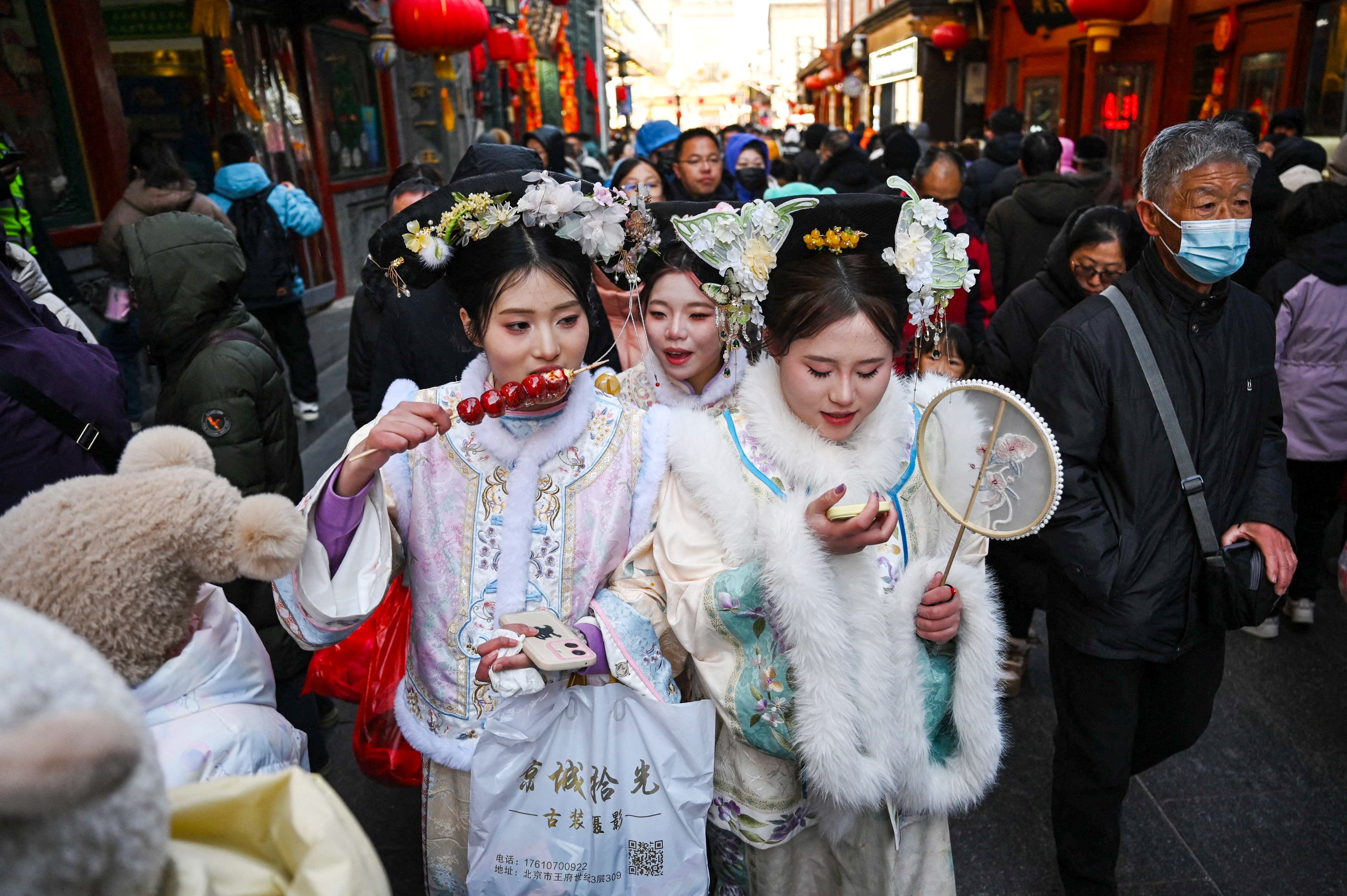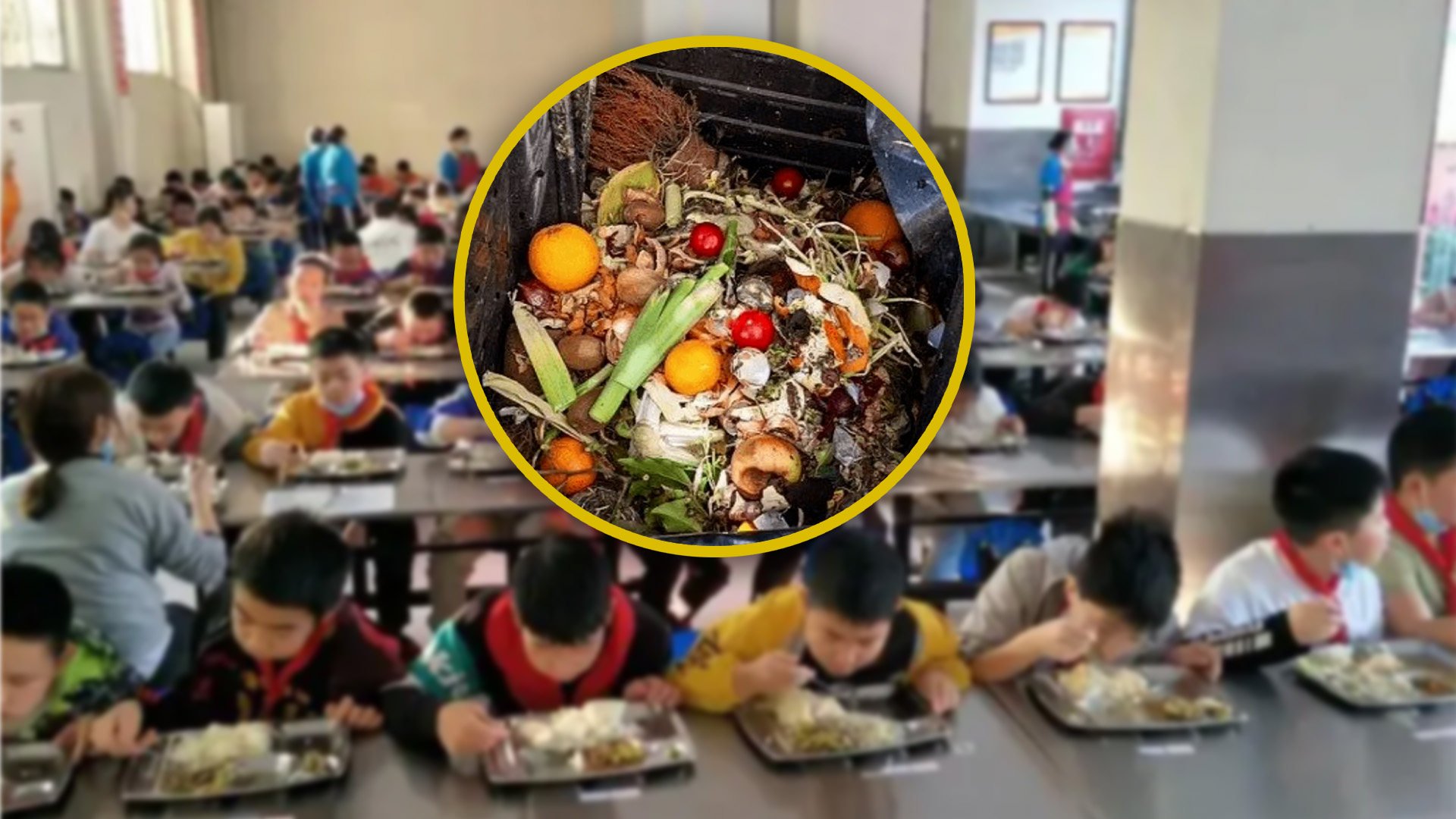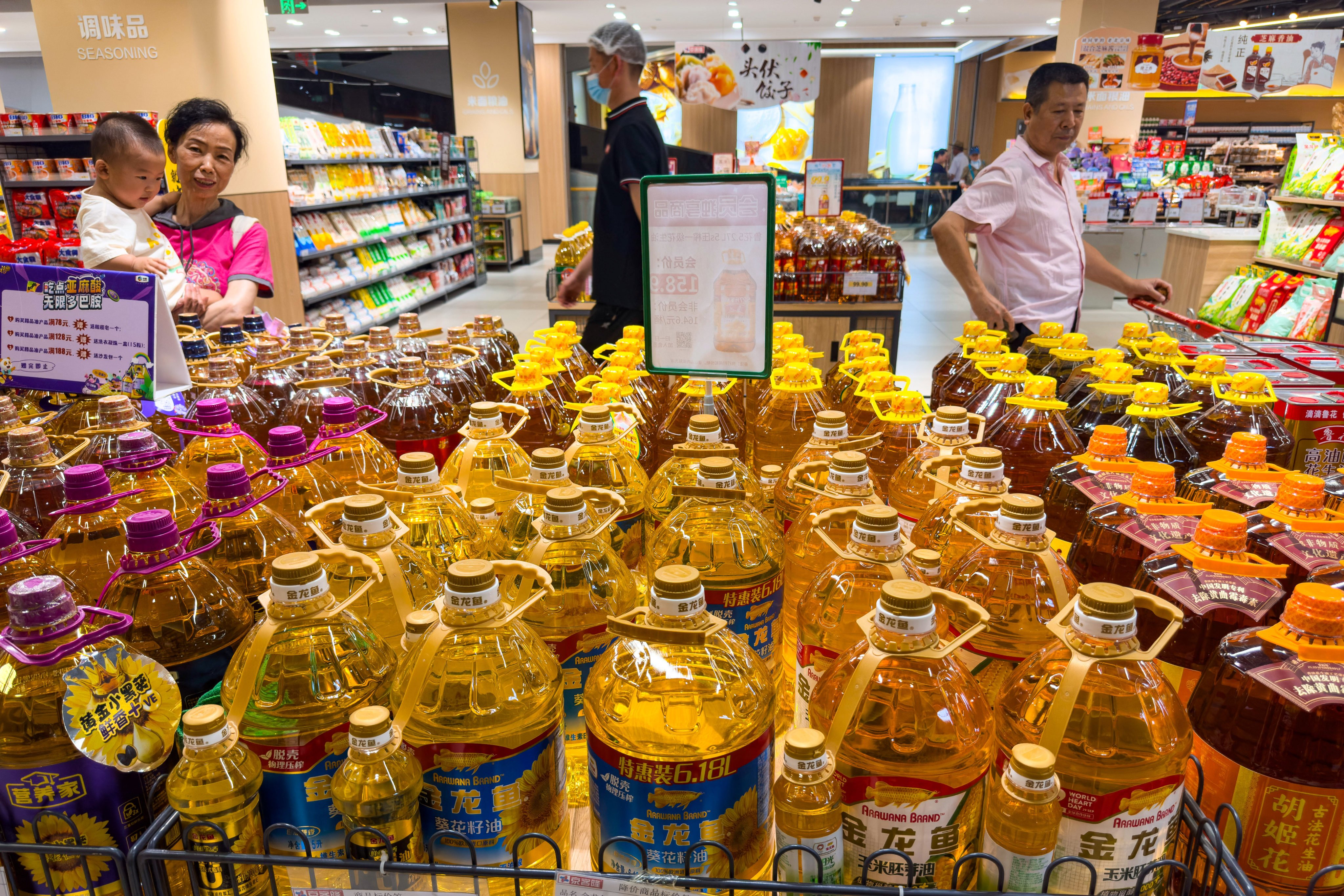Advertisement
Advertisement
TOPIC
China food safety
China food safety
A crisis in confidence in China's food industry emerged after melamine was found in domestically produced baby formula in 2008. The scandal sickened 300,000 babies and resulted in six premature deaths. Other stories of fake eggs, diseased pork, recycled oil, mislabelled meat and more have only led to more calls for industry reform.
Help preserve 120 years of quality journalism.
SUPPORT NOWAdvertisement
Advertisement
Advertisement
Advertisement
Advertisement
Advertisement
Advertisement
Advertisement
Advertisement
Advertisement
Advertisement
Advertisement
